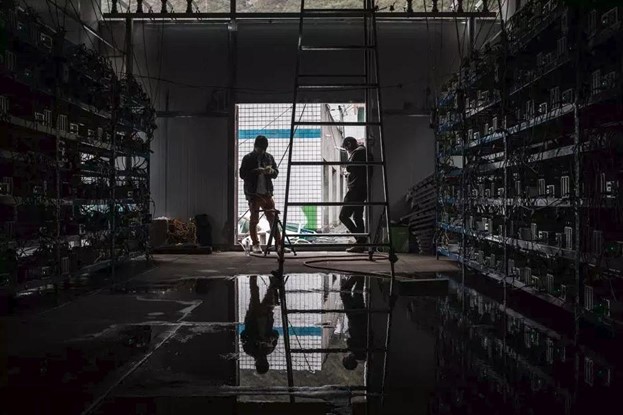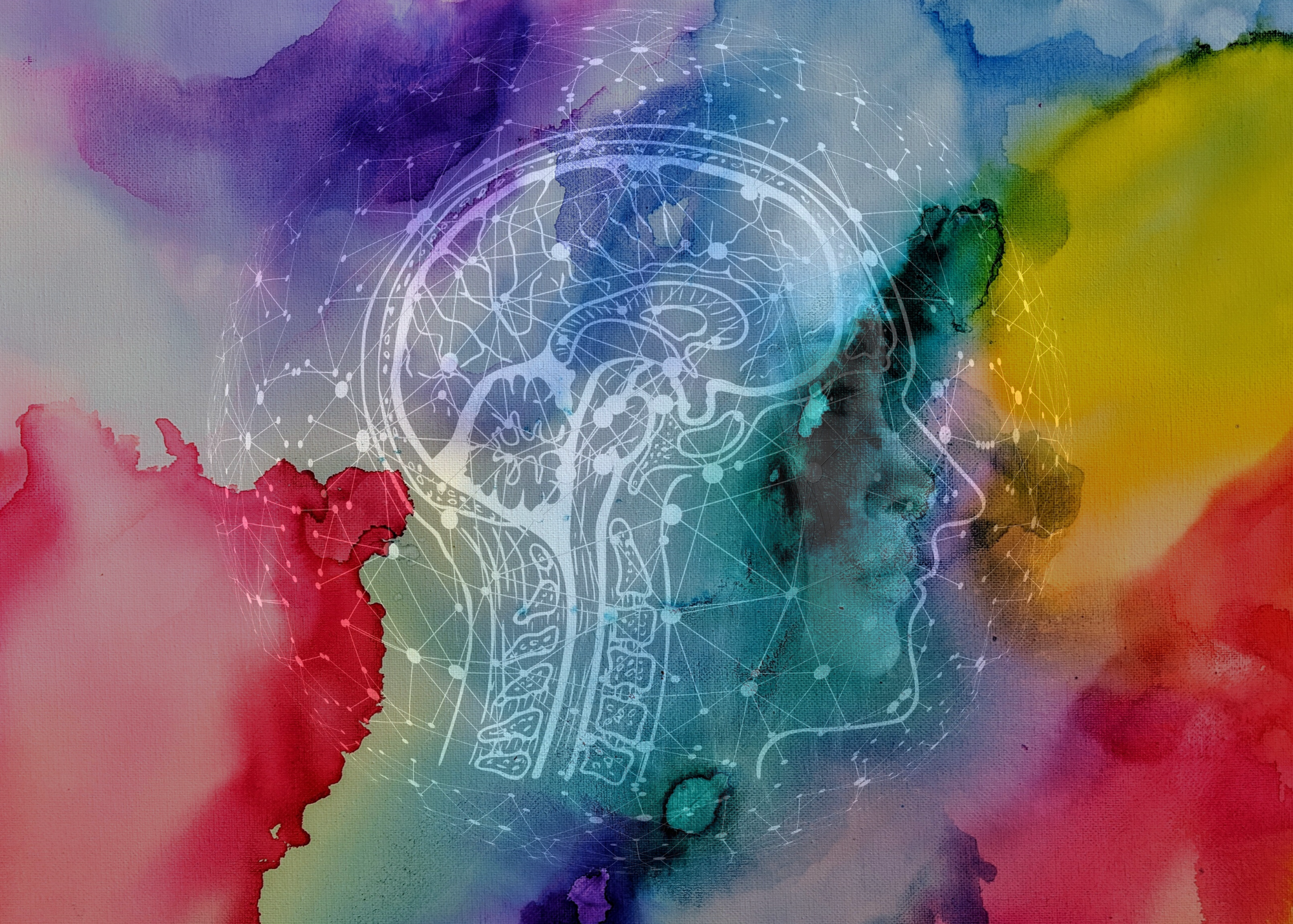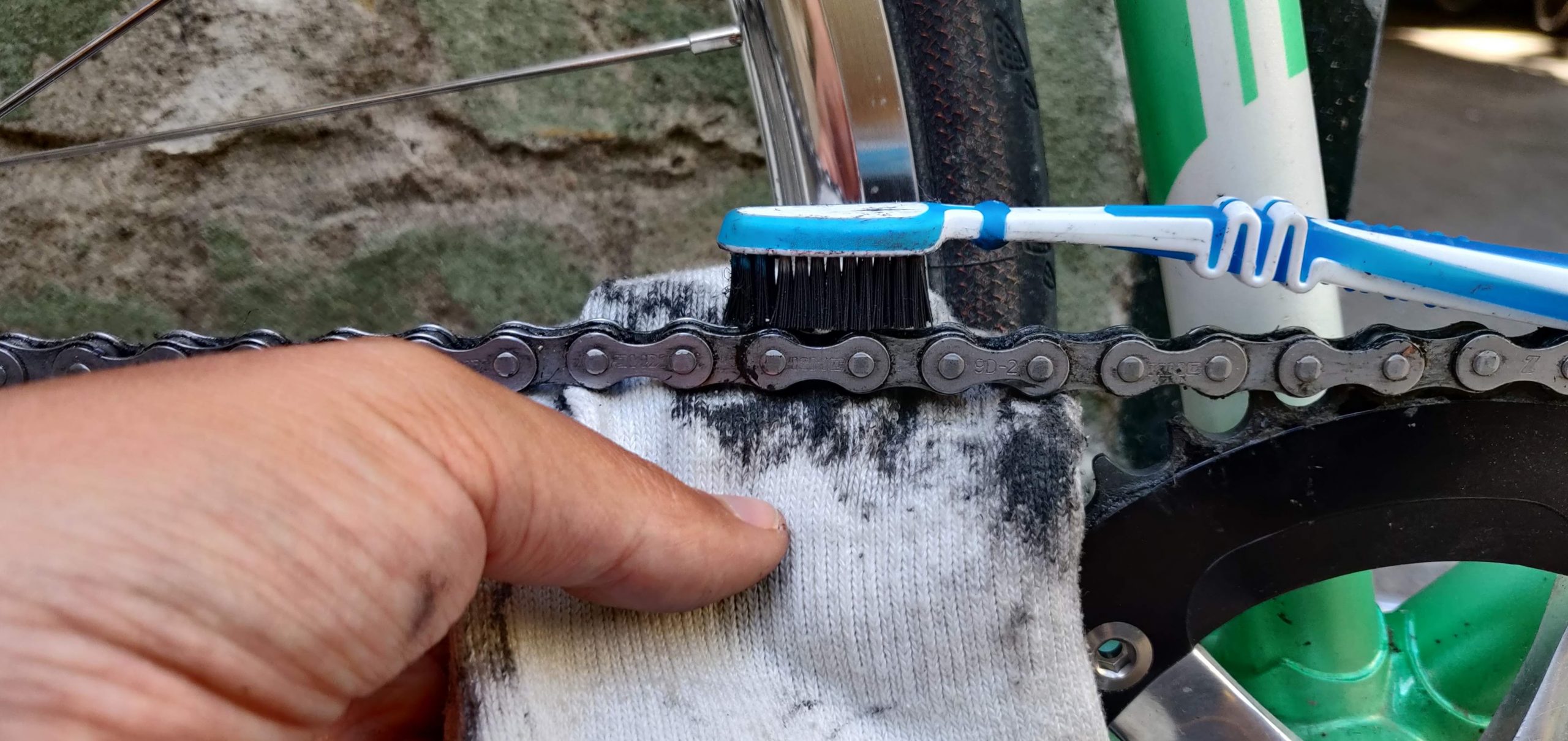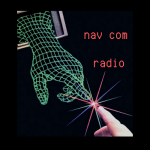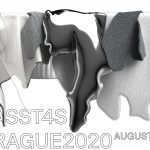Based at the IT University of Copenhagen, the section of Technologies in Practice conducts qualitative studies of technologically mediated practices in organisations and everyday life.
The vast majority of societal challenges demand critical engagement with contemporary technologies.
Our interdisciplinary environment provides students and researchers with the resources necessary for analysing entanglements of the social and technical with and through IT.
News
TiP Researchers transforming lectures into live radio shows
In the light of the current pandemic situation and the challenges this poses for teaching activities, assistant professor Jessamy Perriam and associate professor Baki Cakici, both TiP members and lecturers of the course ‘Navigating Complexity’, have transformed inperson lectures into live radio shows. This format and novel teaching method provides new opportunities to convey complex […]
TiP @ EASST/4S 2020
This year, TiP members contribute in various ways and topics the virtual EASST/4S conference. Kick off your conference days with an excursion to the UK through Jessamy Perriams’s presentation on ‘De-Inscribing and Re-Insribing Legacy Technologies in the UK Public Sector’, before following Rachel Douglas Jones and James Maguire’s panel ‘Political Data of the Digital […]
 TiP on Mastodon
TiP on Mastodon
- UntitledSuper proud of TiP member Irina Papazu for winning the Freeman Award, with co-editor Andreas Birkbak for the book "Democratic Situations". The prize will be awarded at the #EASST4S24 conference - for mroe see here https://tip.itu.dk/2024/07/04/democratic-situations-wins-the-freeman-award/
- UntitledWondering what to go and see at 4S/EASST this year? Take a look at the TiP Panels and presentations - quick summary here. https://tip.itu.dk/2024/07/04/4s-easst-making-and-doing-transformations/ #EASST4S24
Research
We are an interdisciplinary group, with a shared interest in qualitative studies of technologically mediated practices. Our work is funded by the Danish Research Council, European Union's Horizon 2020 program, Carlsberg Foundation, Innovation Foundation, Novo Nordisk and the Velux Foundation.
Teaching
We closely integrate our role as educators with our work as a research group. Our international faculty use insights from around the world in their teaching. Our teaching draws on disciplinary backgrounds such as information studies, history, anthropology, sociology, and critical computer science. We aim to help students address the critical questions arising at the intersection of society and technology.
